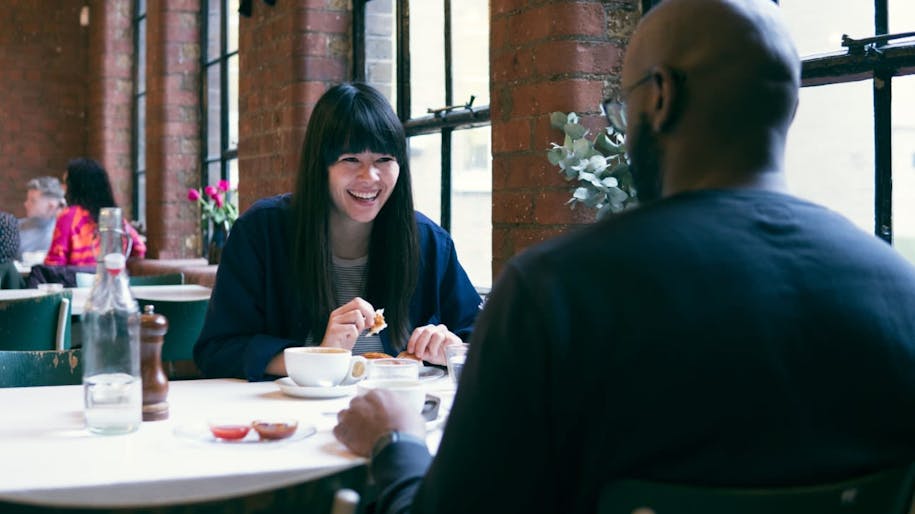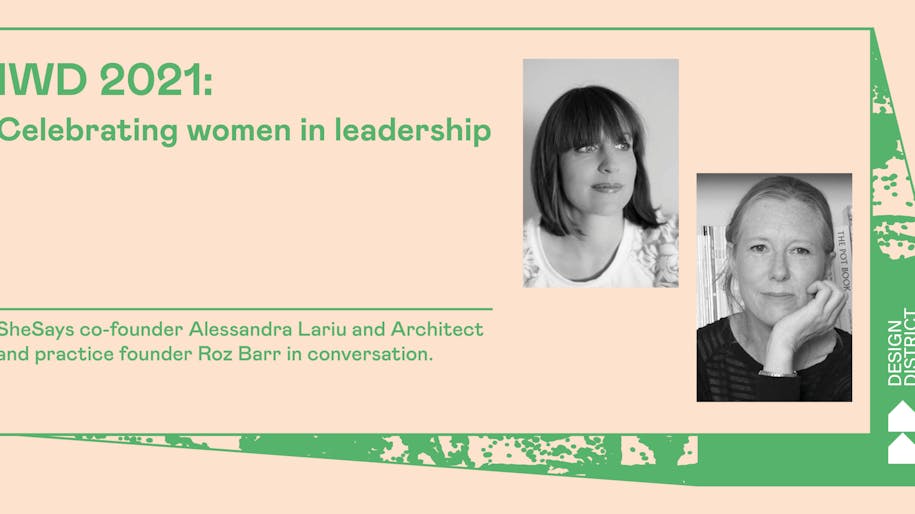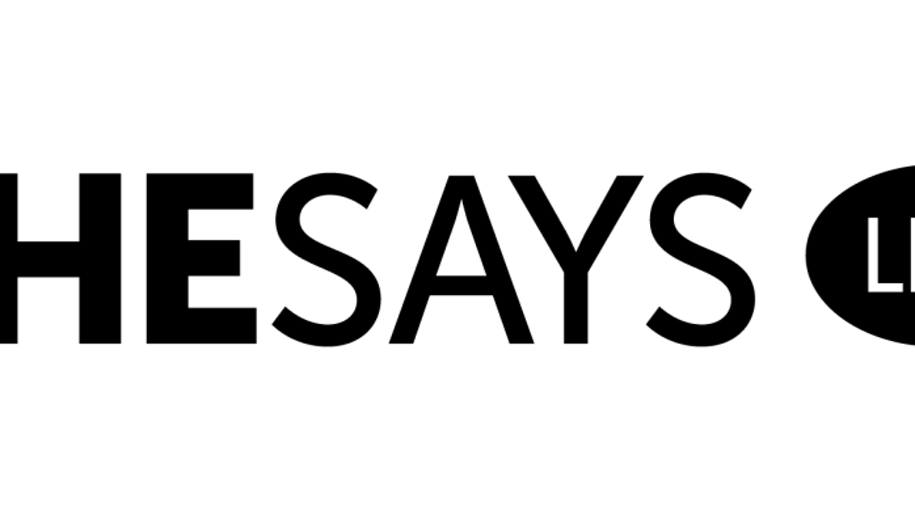'I'm Fighting to Make Possible the (Things I Thought To Be) Impossible'
We talk to Alessandra Lariu, co-founder of SheSays about leadership and building a community for creative women - as we embark on a partnership with SheSays hosting a programme of events throughout the year, as well as launching a March mentorship initiative for women in the creative industries.
Brazilian-born Alessandra Lariu is a creative industries leader with a career in marketing, advertising and experience design spanning more than 25 years. In 2007 Lariu co-founded SheSays, a global community of over 70,000 creative women. Her latest project confronts the challenges presented by Covid head-on with the launch of a new app: Women with Epic Ideas (WEI).
To mark International Women’s Day 2021, we spoke with Lariu about closing the opportunity gap, her inspirational peers and changing perspectives.
Design District (DD): Over the past 14 years SheSays has gone from strength to strength, with chapters forming in over 55 cities worldwide. There must’ve been many highlights along the way, but are there any that particularly stand out to you? Alessandra Lariu (AL): Personally, it’s having mentored over 68 women over 10 years, most of whom are now accomplished and successful creative directors. There's nothing more rewarding than supporting other women and seeing them shine. Also, being chosen to represent women creatives in both the White House in the US and at Number 10 here in the UK.
DD: SheSays is aiming to achieve more equitable leadership. Can you recall a specific moment in your professional life when you first realised the necessity of achieving this? AL: In 2006 SheSays’ other co-founder, Laura Jordan-Bambach, and I realised we were often the only women judging industry awards and speaking on panels. We wanted other women to be there with us!
DD: Are there positive changes regarding women’s roles in leadership positions you've witnessed during your career that you never would’ve thought possible starting out?
AL: What I'm fighting to make possible are exactly the things I thought to be impossible 25 years ago. Despite some progress, we're still a long way from closing the pay and opportunity gaps at leadership level (especially for women of colour). The current pandemic is only making things worse with women losing their jobs almost twice as fast as men. A recent McKinsey study showed that ‘in a gender-regressive scenario … global GDP growth could be $1 trillion lower in 2030 than it would be if women’s unemployment simply tracked that of men in each sector.’
DD: What do you see as the biggest hurdles that need to be overcome in order to achieve gender parity and close the pay gap?
AL: The world needs to stop telling women how they should behave. Parents, employers, governments, education systems and the media need to stop portraying women in a one-dimensional way. At an institutional level, the priority has to be to create work environments where underrepresented groups can thrive and right now that includes women. Most work cultures, environments and even policies still don't take into consideration the needs of women, gender non-conforming individuals, neurodiverse people and persons with disabilities. We need better representation in leadership positions — not just on boards, but among those running and owning companies.
DD: In 2012, you were included in Fast Company’s ‘League of Extraordinary Women’ (along with Hillary Clinton and Oprah Winfrey). Is there someone from the creative industries who wasn’t on the list you’d like to see included in an updated version?
AL: Selma Nicholls, CEO of Looks Like Me, a casting agency raising the profile of underrepresented groups; futurist, cultural strategist and storyteller, Adah Parris; Liza Bilal from All Black Lives UK; Yassine Senghor, director of Confronting Change, an organisation offering diversity and inclusion strategies; podcaster El, who created It’s a BAME’s Life; and US trans rights advocate LaLa Zannell.
DD: Design District is very much focused on creating community. How can newly formed communities avoid adopting patriarchal structures?
AL: True communities are not about patriarchy or matriarchy — they function more like a holacracy, run by the community. This is how we run SheSays. Our community tells us what we should do for them, whether that be events they’d like to attend, or even building a career progression service like The WEI [SheSays’ platform for mid-career women in the creative industries currently in development].
DD: Design District is organising an event to celebrate International Women’s Day that will see you in conversation with architect, Roz Barr. As two women who have built successful careers and have come to be seen as leaders in your fields, many people are going to be keen to learn from your experiences. Are you able to offer any specific advice to women starting out in the creative industries?
AL: Don't believe in imposter syndrome: you are not an imposter, the system is. The system was not built to accommodate you and that's what we need to change — not you. Be the most fearless version of yourself and never change who you are for an employer or anybody else.
Want to find out more? Join us for our International Women’s Day event on Friday, 12 March, when Alessandra Lariu meets architect Roz Barr. Get your free ticket to the talk here.
Join us as we celebrate Women in leadership on Friday, 12 March, when Alessandra Lariu meets architect Roz Barr on Zoom. Get your free ticket to the talk here.


